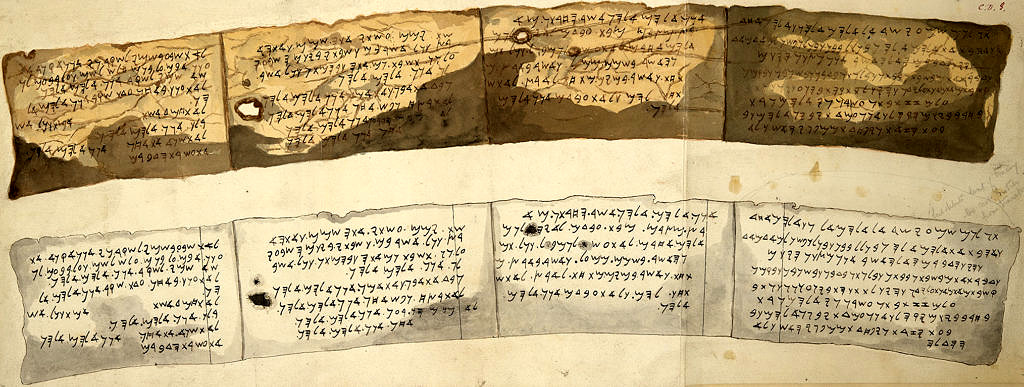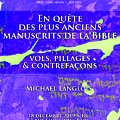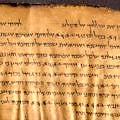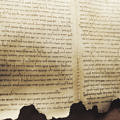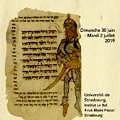I have been invited at Harvard University to discuss the (in)famous Shapira fragments.
Half a century before the Dead Sea scrolls were discovered, an antiquities dealer in Jerusalem named Moses Wilhelm Shapira claimed that Bedouins brought to him fragments of ancient biblical scrolls found in a cave by the Dead Sea. The scrolls were presented as a 9th century BCE form of the Book of Deuteronomy, that is, two millennia older than the oldest Hebrew Bible known at the time! The British Museum was about to buy it for one million pounds when French scholar Charles Clermont-Ganneau exposed it as a forgery.
Shapira claimed his innocence and ended up committing suicide. But was this scroll really a forgery? Though the fragments are now lost, drawings and notes were made by several scholars at the time and may be analyzed in order to assess its authenticity. I discussed the Shapira and Dead Sea forgeries recently (here, here, here, here, here, here, here and here), and will thus be happy to share my research during this meeting.
 En
En Fr
Fr